Technology has advanced the hospitality industry by increasing its efficiency and offering more personalization and customization for guest experiences, while existing technologies had allowed for steady growth in the industry, it’s time to adopt new technologies to ensure survival on post covid market with tech savvy and hygiene conscious guests who made keeping a tap on the latest technology trends an imperative to survival and competitiveness.
These new innovations present options for the hotel industry to enhance their offerings, minimize human error, maximize service efficiency, and improve the guest experience.

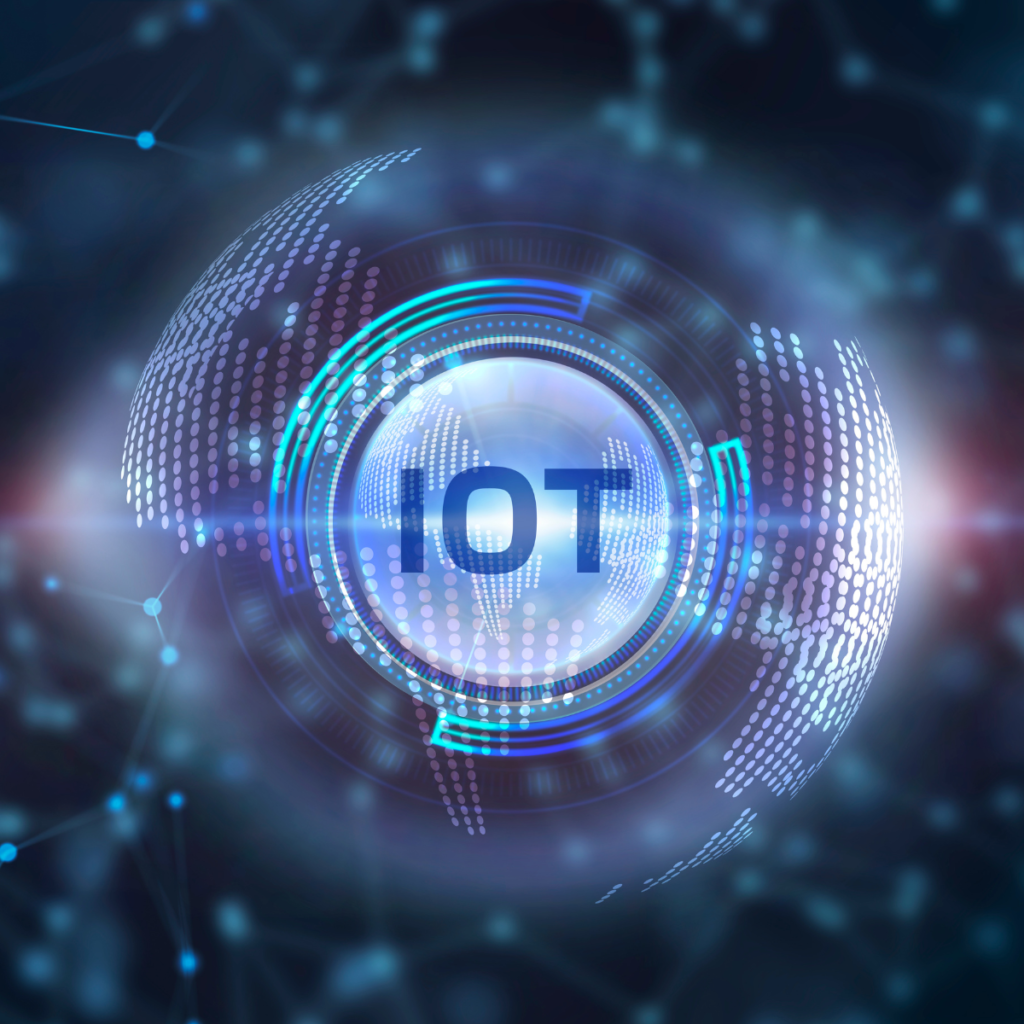
IoT is the backbone of smart hotels, it allows the possibility of connecting multiple devices through the internet into a singular source i.e. smartphones and tablets, allowing guests to control everything in their room and personalize it to meet their needs thus personalize their experience, in addition to identifying and addressing potential issues before they become bigger problems in the property. IoT applications can basically include everything in a smart hotel room, digital key cards, and even voice-controlled customer service.

Big data is a collection of information collected from customers, it is most useful for behavior analysis, thus, leading to better informed strategic decision centered around providing the most personalized guest experience tailored to meet their needs and expectations, it is safe to say that data is one of the most valuable assets in today’s economy at large, and it should be treated as such. Data is the leading factor to smarter marketing campaigns, inform adequate pricing, and facilitate the capture of higher market share than the competitors by knowing your guests on a deeper level.
Human contact has been undeniably impacted by the pandemic, the aftermath, however, it is here to stay, especially with contactless services including Mobile check-in and check-out, aside from human interaction, this trend has proven to be useful in speeding up the arrival process especially through digital registration cards that gives the guests a chance to fill in their information prior to arrival at the hotel.
Speaking of time efficiency, contactless payments have also been adopted early in the epidemic. This technology allows wireless transactions via placing the payment card of choice, or even mobile device, within a few inches of the reader and swiftly completing the transactions. Contactless payments include payments made through online mode, using mobile devices to transfer money to a specific account, as well as UPI transactions and payments made via scanning QR codes are great examples of this.
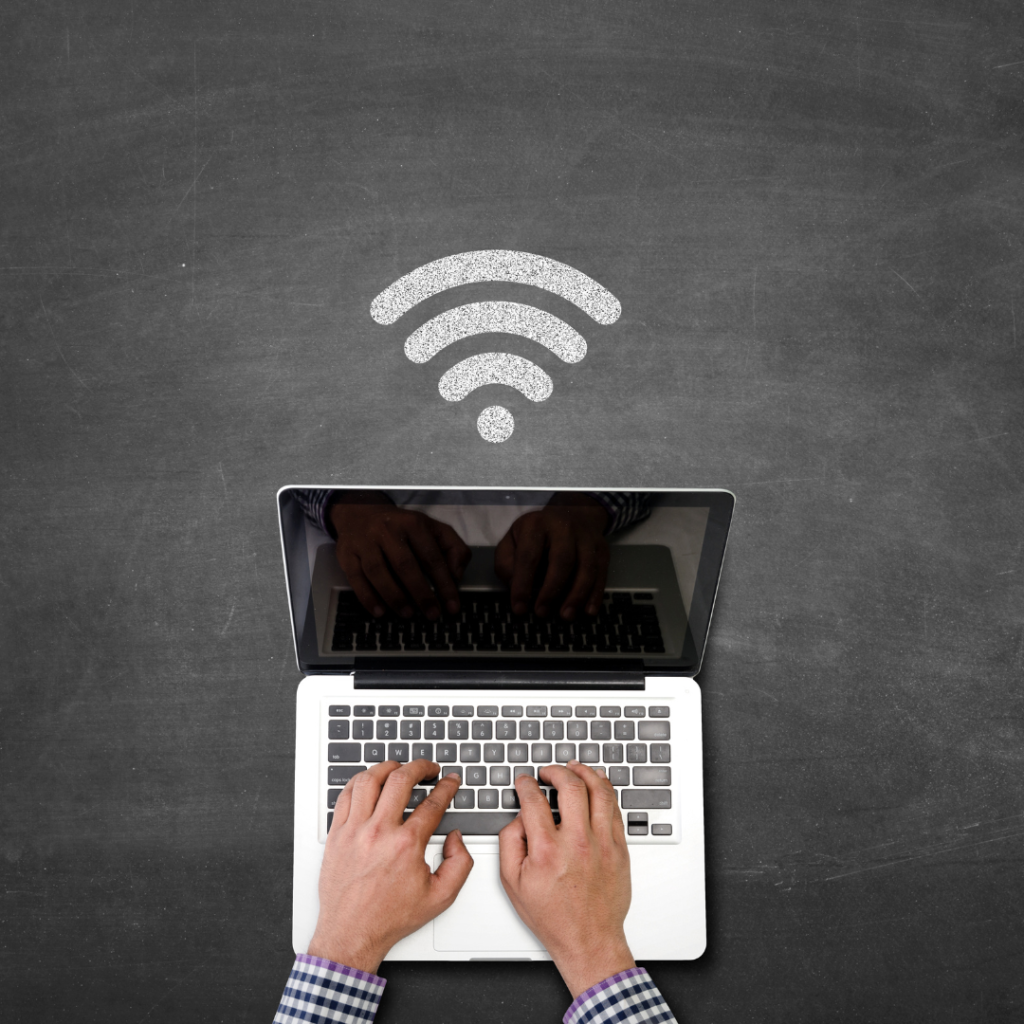
This accommodation can be enabled through the new technologies such as WIFI 6, which is about 30% faster than the existing 5G, even though the percentage isn’t dramatic, however, the impact on speed is noticeable, using this technology hoteliers can leverage their in-room technology to drive positive guest reviews and repeat customers. Other internet reliant technologies are also benefiting from this trend including smart thermostats, smart speakers, and smart locks
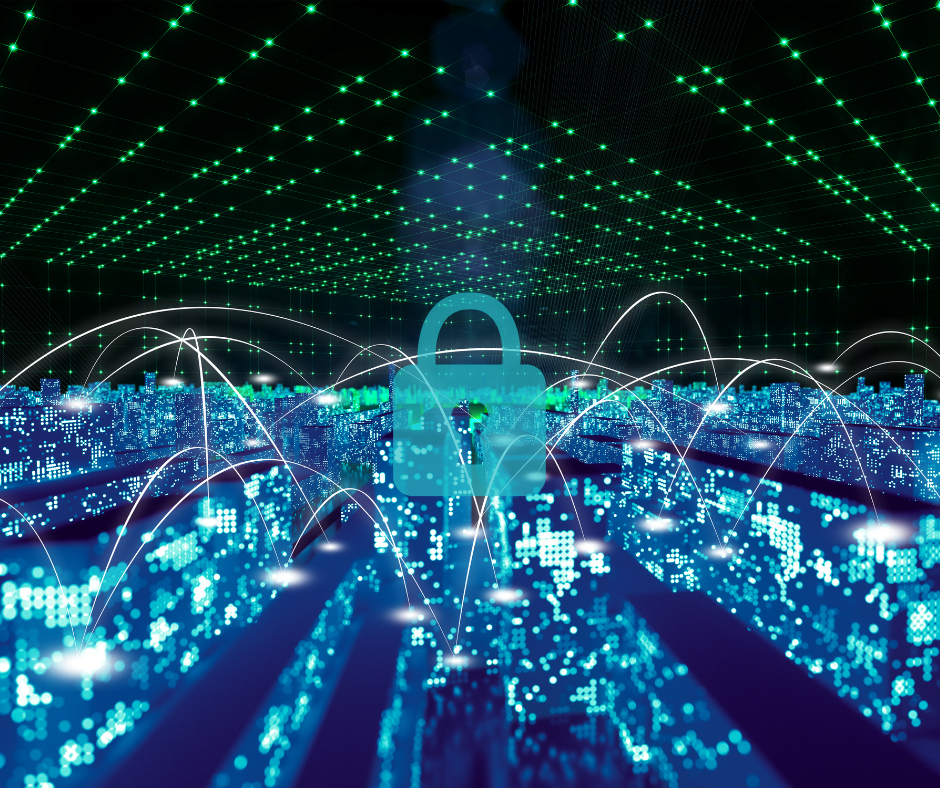
Cyber-attacks are a pending danger for every industry, hospitality is no exception and security breaches are not uncommon even for large hotel groups. The growing use of technologies in the industry dictates the implementation of better Cybersecurity measures and best practices to secure guests’ privacy and provide secure guest experiences. From a business standpoint, it is imperative to ensure the safety of critical business information and uphold the brand name and reputation.
Immediate access to information and instant messaging is now a necessary accommodation, Automation and AI powered messaging through Chatbots and SMS can identify guest intent and generate responses or suggest actions to guests, such as initial greetings, prompting a late check-out, or sending a post-stay survey.
AI can tailor activities and tours suggestions based on the guests needs and desires, better yet, this service is at the guests’ fingertips, no longer limited to a concierge or front desk hotel staff.
This trend may have started as a response to the labor shortage in hospitality, however, it is useful to free up the staff’s time to tend to more pressing matters.

Energy saving is both an economic and environmental issue that hotels have been dealing with, luckily, we have more advanced technologies to save energy and money. Starting with occupancy-based sensors the most common being inductive sensors, photoelectric sensors, capacitive sensors and ultrasonic sensors. These sensors are able to determine whether the room is occupied or not and turns on or shuts off energy accordingly, thereby saving energy and money.
In addition to occupancy-based sensors resorting to LED lighting and low-flow faucets and shower heads are necessary in saving energy and preserving optimal guest experiences.
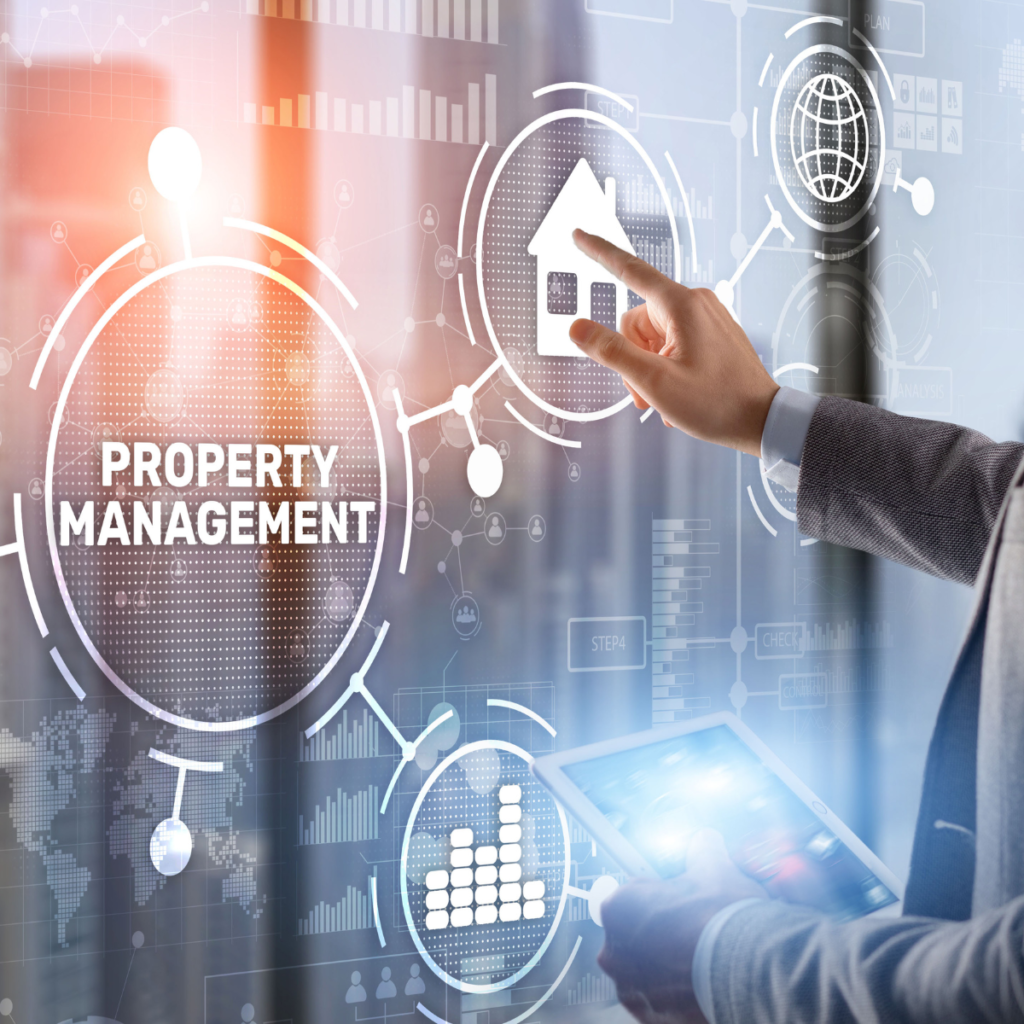
The trending hybrid lodging systems allow properties to offer multiple types of inventories, such as combining shared dorms, private rooms, and furnished apartments all within one property and evidently had paid off with the guest’s satisfaction, on the other hand it is making property management more complex and complicated.
Keeping up with this trend will undoubtedly call for adopting more flexible PMS that integrates with other technologies for optimal operational flexibility that short-term rentals require, mainly pre-arrival check-in, keyless entry, and messaging platforms.
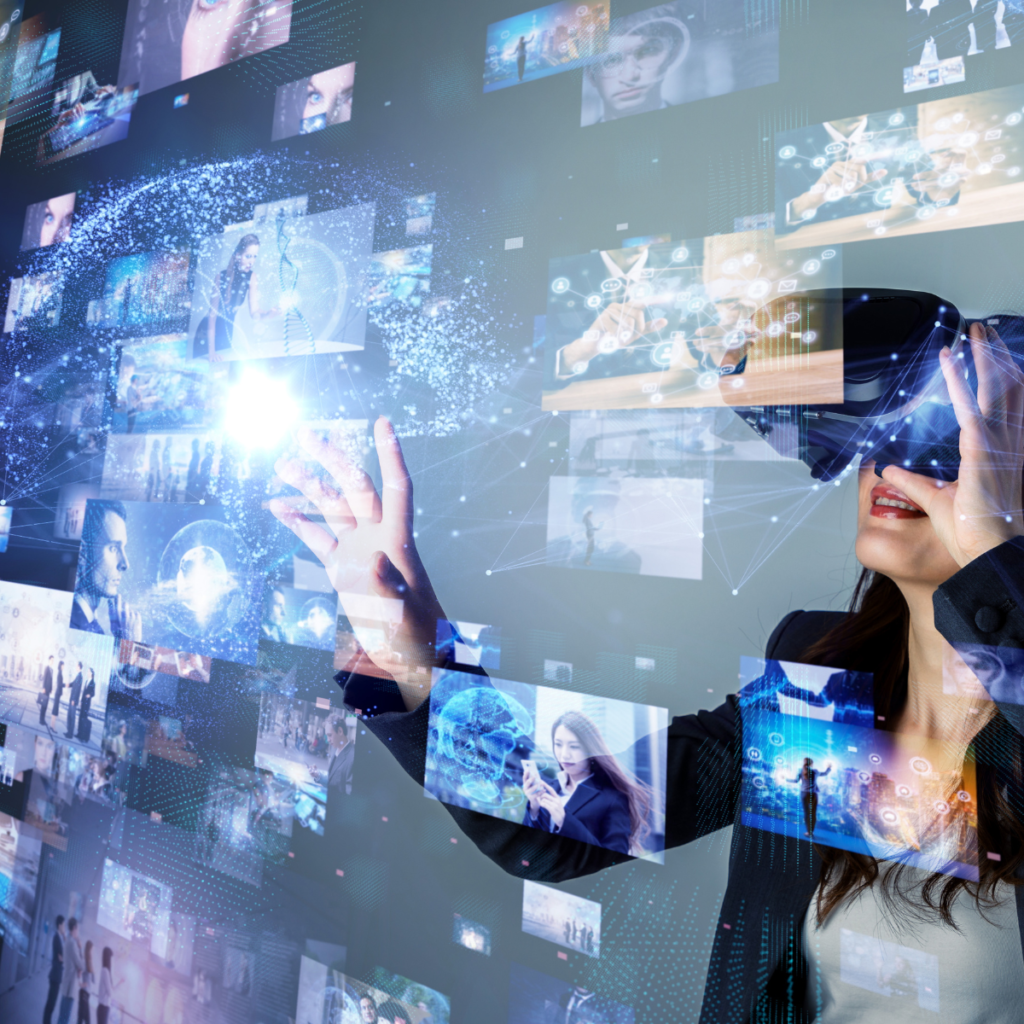
Virtual reality is no longer an over-the-top luxury, these computer-generated simulations allow guests to virtually visit your hotel and interact with it in a seemingly real or physical way. VR tours of your hotel’s rooms and amenities assure travelers when booking and result in more time spent on your site and increase the likelihood of booking your property.
Enhancing or optimizing guest experience is reaching new heights, the need to accommodate guests’ unique needs and keeping up with the reliant technology lifestyle is a must.
Translation technology: communicating with your potential guests in their native language via website’s messaging platform by directly translating requests into their preferred language in real time and providing instant answers is a major factor in turning your website visitors into guests.
Voice assistance: The voice-activated search assistants, like Apple’s Siri, Google Assistant, and Amazon’s Alexa is mainstream and a prominent hotel technology trend, best way to be easily accessible on search engines is by creating content in a more conversational way and answering frequently asked questions on your website to accommodate to the natural voice and speech patterns used by searchers
Streaming service integrations: Streaming services are now a part of the daily life of guests, naturally they expect to watch their favorite show or unwind with an interesting documentary after a long day, shifting away from cable in guest rooms and moving towards streaming options is mandatory to improve the guest experience.
Keeping up with the latest trends is no longer a luxury in tech savvy millennial and Gen Z markets as using state of the art technology is ubiquitous to daily life. Technology related investments have high yield, leading to hotel operational excellence, increased exposure, cost effectiveness, enhanced guest experience, thus a worthwhile return on investment.
